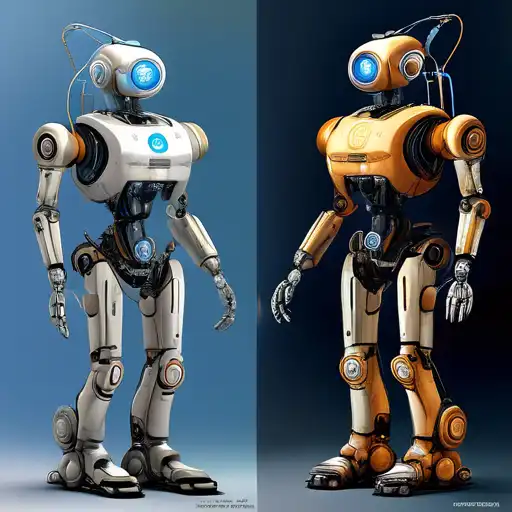The Rise of Robotics in Modern Technology
In the ever-evolving landscape of technology, robotics stands out as a beacon of progress and innovation. From manufacturing floors to the depths of outer space, robots are transforming how we work, live, and explore. This article delves into the significance of robotics as the next frontier in technology, highlighting its impact across various sectors.
Understanding Robotics and Its Components
At its core, robotics combines engineering, computer science, and artificial intelligence (AI) to create machines capable of performing tasks autonomously or semi-autonomously. These tasks range from simple, repetitive actions to complex decision-making processes. The key components of robotics include sensors, actuators, control systems, and power sources, each playing a pivotal role in the robot's functionality.
The Impact of Robotics on Industries
Robotics has revolutionized industries by enhancing efficiency, precision, and safety. In manufacturing, robots automate assembly lines, increasing production rates while reducing human error. The healthcare sector benefits from robotic surgery, offering unparalleled precision and minimizing recovery times. Meanwhile, in agriculture, robots automate planting and harvesting, addressing labor shortages and boosting yields.
Robotics and Artificial Intelligence: A Symbiotic Relationship
The integration of AI with robotics has unlocked new possibilities, enabling machines to learn from their environment and make informed decisions. This synergy is evident in autonomous vehicles, which navigate complex terrains using AI algorithms, and in service robots, which adapt to human interactions to provide personalized assistance.
Challenges and Ethical Considerations
Despite its advancements, robotics faces challenges, including high costs, technical limitations, and ethical dilemmas. The displacement of jobs by automation raises concerns about employment, while the use of robots in military applications sparks debates on morality. Addressing these issues requires a balanced approach, ensuring that robotics serves humanity's best interests.
The Future of Robotics
The future of robotics is boundless, with ongoing research pushing the boundaries of what's possible. Innovations such as soft robotics, which mimics biological organisms, and swarm robotics, where multiple robots collaborate, promise to open new avenues in exploration, disaster response, and beyond. As we stand on the brink of this technological revolution, robotics continues to inspire, challenge, and redefine our world.
For those interested in the intersection of technology and innovation, exploring the advancements in artificial intelligence and automation can provide further insights into how these fields complement robotics in shaping the future.
